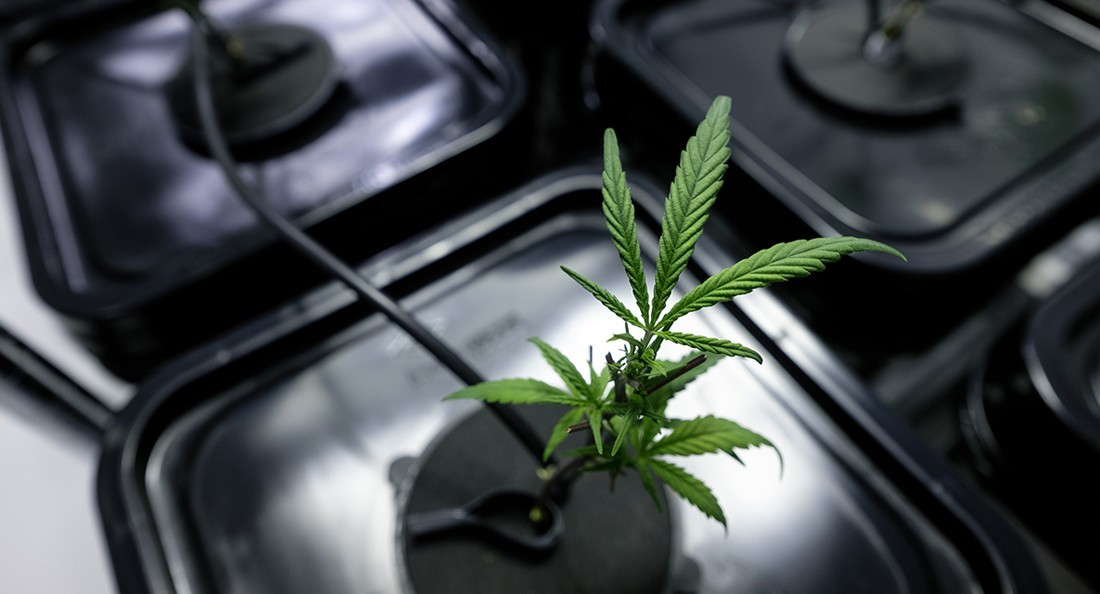Pot plans should benefit more than a chosen few
The province’s plans will be exclusive to only a few
Information on how marijuana retailing will work in Manitoba has been billowing in since the announcement that pot sales will be a “hybrid privatization” with Manitoba Liquor and Lotteries distributing to private retailers.
On Nov. 7, ChrisD.ca published “Manitoba hands off sale of legal marijuana to budding retailers,” which would have been a great headline, except that pot sellers won’t be budding retailers, but rather those already in full bloom.
The province made its Request for Proposals (RFP) available to aspiring dealers of legal pot on Nov. 7. The RFP states the province is only interested in doing business with up to four retailers.
“Manitoba intends to select up to four proposals, and intends to enter into at least one retailer agreement for each of the four proposals it selects,” the RFP reads.
Owner of Growers and Smokers in Brandon, Rick Macl told the CBC he thinks “the hybrid privatization is more like a hybrid monopolization.”
Macl believes such few retailers means those chosen will have to be able to push a lot of product, and therefore be big business.
“They’re favouring the larger companies. They’re not putting any weight in experience, any weight in knowledge. Most of the weight in their decision, in their evaluation is weighted on financials, money and scalability,” Macl said in the interview with CBC.
It takes money to make money, and it will take deep pockets to sell pot.
Manitoba will move into a post-prohibition era of cannabis with a plan that will result in less profit sharing across retailers, and those profits will go largely to high-wealth individuals with significant holdings in large-scale retailers.
In a Tom Brodbeck editorial for the Winnipeg Sun, he disingenuously frames the province as “letting private retailers come up with the start-up capital to open brick-and-mortar stores” – as if new stores will open up under the province’s four-retailer model.
Brodbeck also accuses the Manitoba Government and General Employees’ Union (MGEU) of providing “some of the dumbest arguments possible” to support their position urging the province to consider a public distribution model similar to that of alcohol sales.
In stark contrast to Brodbeck’s characterization of the MGEU, the organization’s executive liaison, Jodee Mason, provided a sound response to Brodbeck’s piece in a letter published by The Winnipeg Sun, pointing out that the Manitoba model would keep profits in Manitoba, which the Pallister plan so far does not promise.
“We (MGEU) also believe that the revenue from marijuana sales should stay here in Manitoba, funding public infrastructure and important services like health care and education,” Mason writes. “Manitobans need that revenue to protect our services, like health care, which are being hit hard by government cuts and privatization.”
Although cases can be made for both public and private Manitoba marijuana sales, the Conservative government’s four-point plan to keep big businesses raking in the big bucks looks like a deal where Manitoba will see some taxes, but Manitobans shouldn’t expect to see any profits.
Published in Volume 72, Number 11 of The Uniter (November 23, 2017)







